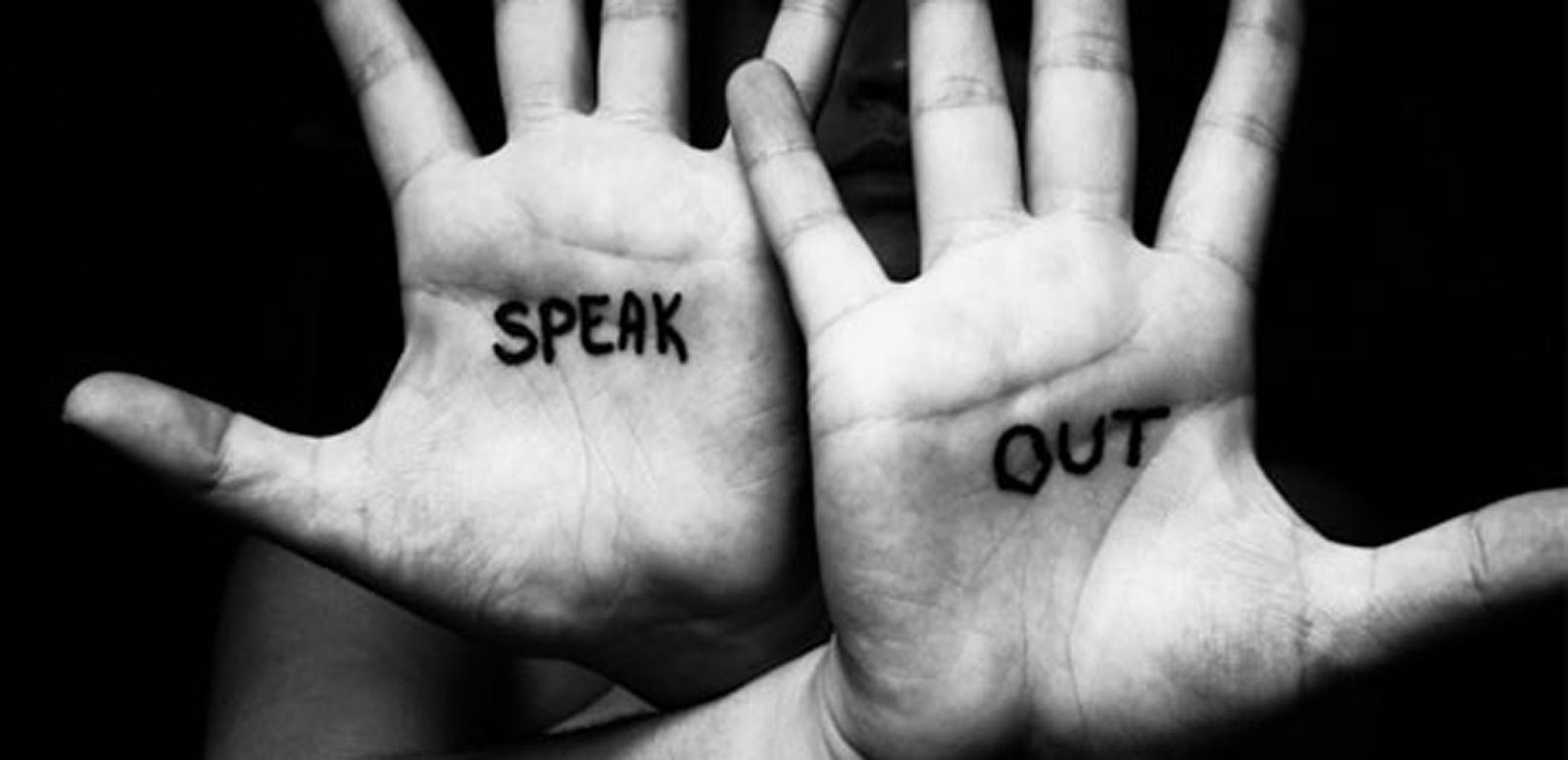Today in History: Jan 22, 1973, Roe v. Wade
The Supreme Court decriminalizes abortion by handing down their decision in the case of Roe v. Wade. Despite opponents’ characterization of the decision, it was not the first time that abortion became a legal procedure in the United States. In fact, for most of the country’s first 100 years, abortion as we know it today was not only not a criminal offense, it was also not considered immoral.
Abortion itself only became a serious criminal offense in the period between 1860 and 1880. And the criminalization of abortion did not result from moral outrage. The roots of the new law came from the newly established physicians’ trade organization, the American Medical Association. Doctors decided that abortion practitioners were unwanted competition and went about eliminating that competition. The Catholic Church, which had long accepted terminating pregnancies before quickening, joined the doctors in condemning the practice.
By the turn of the century, all states had laws against abortion, but for the most part they were rarely enforced and women with money had no problem terminating pregnancies if they wished. It wasn’t until the late 1930s that abortion laws were enforced. Subsequent crackdowns led to a reform movement that succeeded in lifting abortion restrictions in California and New York even before the Supreme Court decision in Roe v. Wade.
In disallowing many state and federal restrictions on abortion in the United States, Roe v. Wade prompted a national debate that continues today, about issues including whether and to what extent abortion should be legal, who should decide the legality of abortion, what methods the Supreme Court should use in constitutional adjudication, and what the role should be of religious and moral views in the political sphere. Roe v. Wade reshaped national politics, dividing much of the United States into pro-choice and pro-life camps, while activating grassroots movements on both sides.









